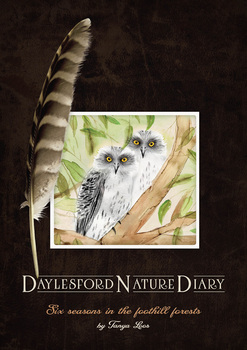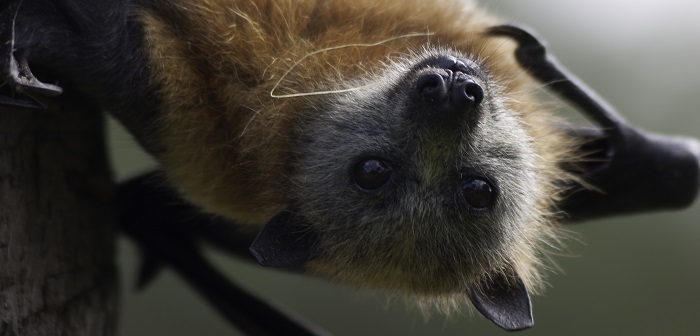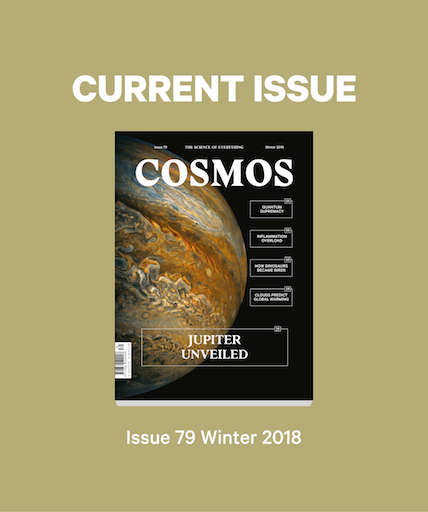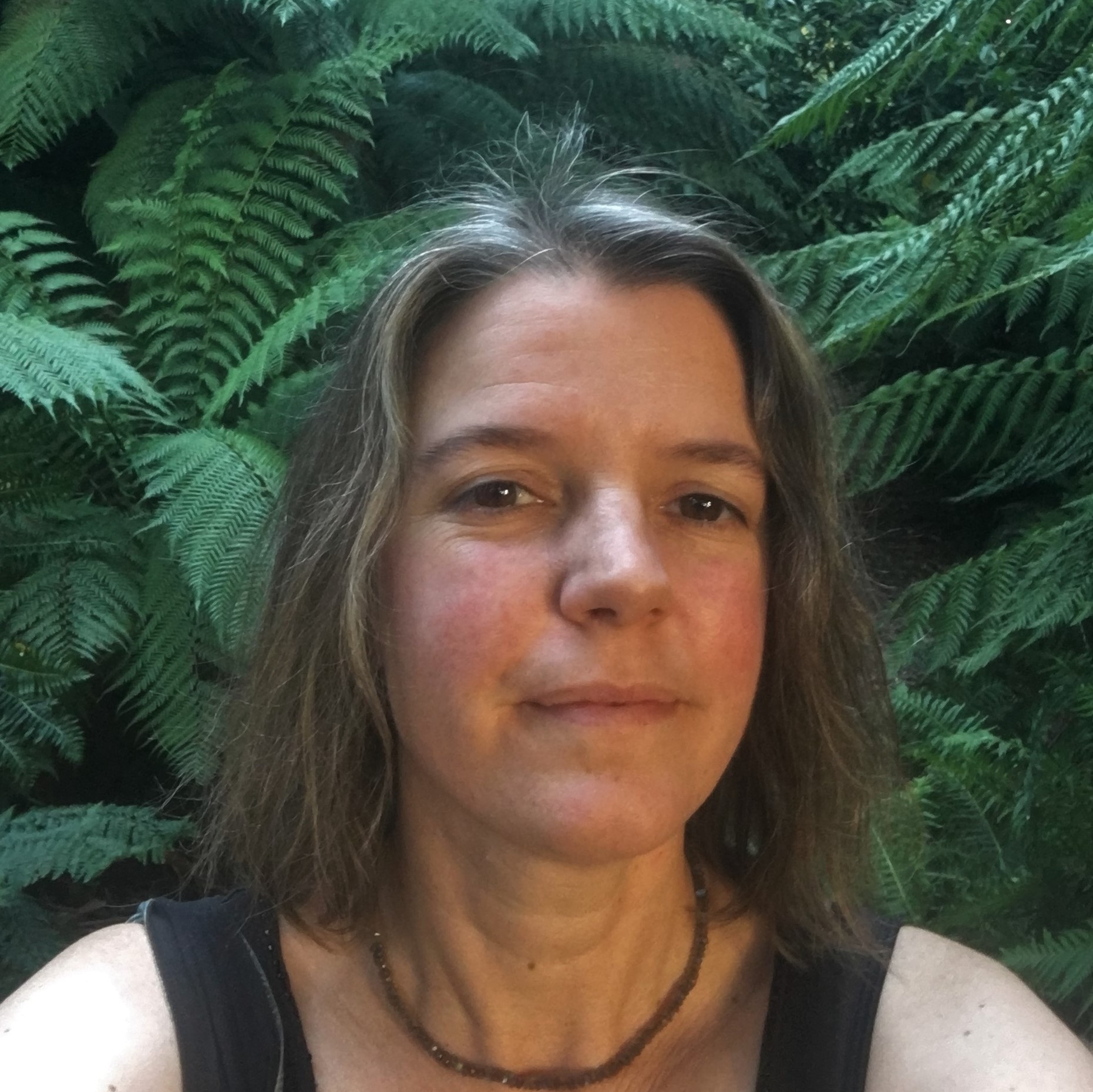A dramatic title, yes – but it feels that way! Since January this year, I have written a total of 26 articles for Cosmos Magazine! That’s between 4-7 per month, and a total of 12, 422 words ( not including the June articles). And whilst continuing my commitment of three – four days per week at strenuously exciting non-profit Landcare network Connecting Country. Phew! But I am having the time of my LIFE, so I thought I would share how this happened, a few favourite stories, and a bit of run down of the world of sci-comms!
 I have always written natural history articles with a strong scientific foundation – my fave thing is turning science into a story in plain English. I have written monthly articles in the Advocate since 2009, which feature on this blog, and various articles for Wombat Forestcare newsletter, the Connecting Country blog, Wildlife Australia Magazine and in 2017- a feature on Diamond Firetails In BirdLife Australia’s beautiful magazine. In 2013,I published a lovely little book which was based on my newspaper column – called “Daylesford Nature Diary: six seasons in the foothill forests“.
I have always written natural history articles with a strong scientific foundation – my fave thing is turning science into a story in plain English. I have written monthly articles in the Advocate since 2009, which feature on this blog, and various articles for Wombat Forestcare newsletter, the Connecting Country blog, Wildlife Australia Magazine and in 2017- a feature on Diamond Firetails In BirdLife Australia’s beautiful magazine. In 2013,I published a lovely little book which was based on my newspaper column – called “Daylesford Nature Diary: six seasons in the foothill forests“.
But I had not managed to penetrate the modern world! We still borrow New Scientist magazines from the library, and watch documentaries on CD. I had seen articles by ScienceDirect etc in my Facebook feed, but never really thought about how these were done. We had also borrowed hard copies of Cosmos magazine, but unlike New Scientist, there were a lot less ecology and environment stories, and some of the tone is a bit “technology can fix everything” and a very strong focus on space, technology, physics and debunking various myths in a slightly annoying and smug Richard Dawkins way. I am more of a Rupert Sheldrake kind of scientist – ha ha – or really, Jane Goodall; scientists who focus on pulling us away from a mechanised, selfish-gene, Francis Bacon kind of paradigm. A short article which demonised flying foxes and their diseases was particularly disappointing! This was a few years ago, I should say.

A beautiful Grey-headed Flying Fox portrait, by John Sullivan
So it was a great surprise when a Facebook interchange with a partner of a friend’s friend who was my friend on Facebook ( ha ha) because of a shared interest in science turned into an invitation to write for the ONLINE arm of Cosmos! Andrew Masterson has written in many many publications for many years, and still writes for the Age and other clients while being a very busy man at Cosmos. I still have a copy of Andrew’s article “Happiness is a warm bat”; the most lovely and positive flying fox article written for the Age in about 2001, during the very emotional time when the grey-headed flying foxes were going to be culled in the Royal Botanic Gardens Melbourne. I had considered asking Andrew about how to further my writing career from the Hepburn Advocate (lofty goals!) but I was too shy!
 So after a pleasant phone chat, and a few articles where Andrew held my hand directing me into the world of hack science journalism – I was in! We agreed that biology was the best area for me, and I said my only restriction was I would not write about animal experimentation, such as mice used to learn about human diseases, or robots put into insects to make them move in mazes and other such horrors! All good.
So after a pleasant phone chat, and a few articles where Andrew held my hand directing me into the world of hack science journalism – I was in! We agreed that biology was the best area for me, and I said my only restriction was I would not write about animal experimentation, such as mice used to learn about human diseases, or robots put into insects to make them move in mazes and other such horrors! All good.
This is my first article in January 2018 that I was very proud of:
https://cosmosmagazine.com/biology/ants-kill-the-sick-to-save-the-rest
The process goes like this – Andrew emails me, and I have a designated Gmail account I access on my phone just for Cosmos, so I know straight away if he has a story for me. Andrew throws me a quick pitch and a deadline, and attaches a media release and a scientific paper. I then reply – YES I can do it! Or, very very occasionally, no it’s not possible – usually due to my Connecting Country work.
Sometimes there is no media release, or no paper, and I get to email the lead scientist, or the uni comms people and request a paper – from Japan, from the USA – it’s great fun! I read the paper, look at the quotes in the media release, use Google Scholar to see if there are any relevant papers, and then my job is to create an interesting story in 300- 600 words depending on the story.
The timelines are between 24 hours and four days, but usually three days. So I read papers at lunchtime, do a quick session between 6-8 after work, send articles in before or ideally write on my days off!
And its funny, it is so much like art or sport – once I start, the time flies by, and after a good session I am PUMPED!
I was very proud of this one on dolphins grieving for their babies – I only had an evening to read the paper, and a morning to write it – so I just had to trust I could do it! Giovanni, the lead author of the paper was waiting to read the finished result so i really wanted to do his beautiful paper justice.
https://cosmosmagazine.com/biology/the-mourning-after-dolphins-grieve-for-their-dead
Talking of justice: I had the opportunity to right a wrong in my mind – an in-depth article about diseases in flying foxes! I was thrilled with this one! I managed to decipher an almost incomprehensible immunology paper, and get quotes from two very very smart immunologists, but most of all, I could use the correct language: they are ‘natural hosts’ to these viruses, rather than saying – these animals ‘harbour diseases’.
https://cosmosmagazine.com/biology/switched-on-bats-hosting-viruses-is-a-cost-of-flying
This article about female birdsong was a dream come true, about birds, behaviour and changing our minds about our mistaken assumptions:
https://cosmosmagazine.com/biology/missing-tweets-female-birdsong-unjustly-ignored-researchers-say
Most of the articles are in the biology realm, but just one article has been posted in another section: ‘mathematics’! This one was a brain twisting challenge of epic proportions – about periodical cicadas that emerge to mate every 13 or 17 years underground… I was the lowest pass in maths in year 12. I actually failed, but Mr Bromiley felt sorry for me and passed me because he knew I wanted to be a scientist! Numbers are not my strong point to this day…
https://cosmosmagazine.com/mathematics/against-the-odds-cicada-teens-meet-and-mate
Most of the articles are pretty lightly edited – if Andrew had to do a lot of editing I don’t think I would have the job! Still, I found it strange sharing articles that I had found hard that Andrew had improved upon – surely the editor should be acknowledged!?! Such a behind the scenes job!!
The other thing that is strange is being science NEWS, I have had to change my style from first person, warm, conversational reflection to hard-hitting science journalist! I read the articles and go ‘ooh – who wrote that? Oh it was me!!!’
But my self is still in the writing, in the quotes I choose or reject, the conclusions I draw from the scientific paper, and language I choose to use to describe aspects of nature we may find disgusting, scary or disagreeable. I would really like to write more articles about ecology – but when Cosmos had a competition or survey years ago and readers could choose their fave science – ecology wasn’t there! So biology it is for me right now, and I am happy with that – I am learning a lot about so many different species, behaviour and biological phenomena.
On a final happy note, I always wondered if being a generalist was a disadvantage – the moth guy, the bat lady, the dolphin expert… these people travel around offering their scientific and sci-comm wares of expertise and passion, and their role and place in it all is clear. Stumpy-tail lizard man – he has advanced our understanding of this species in a huge way, and rewrote the rule book on reptiles’ ability to form long term monogamous pair bonds.

Tired and happy in February 2018!
But I like birds, bats, marsupials, reptiles, frogs, insects, plants – and the processes that hold these things together – landscape ecology, functional ecology, behavioural ecology and phenology. What role can a generalist play in today’s world? Well now I know – in science communication!
Thanks for reading this long post! 🙂
This is such a great read, so lovely to hear of your writing journey!
Thanks so much! and thanks for reading – it was a long one!